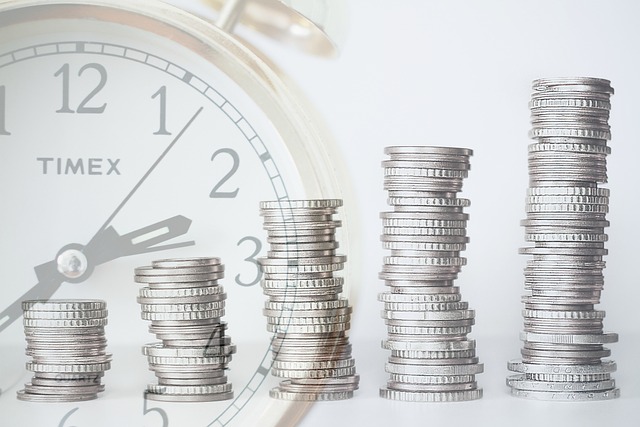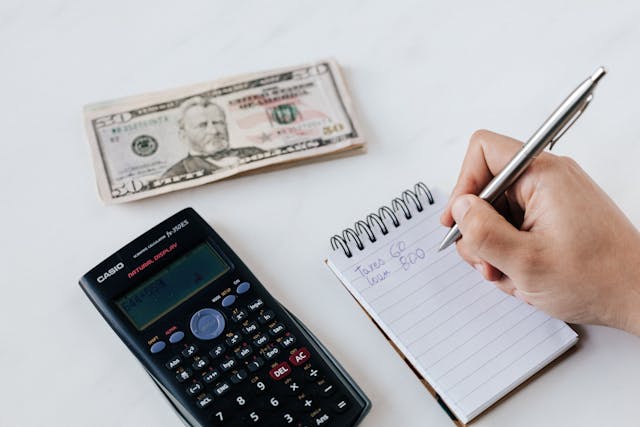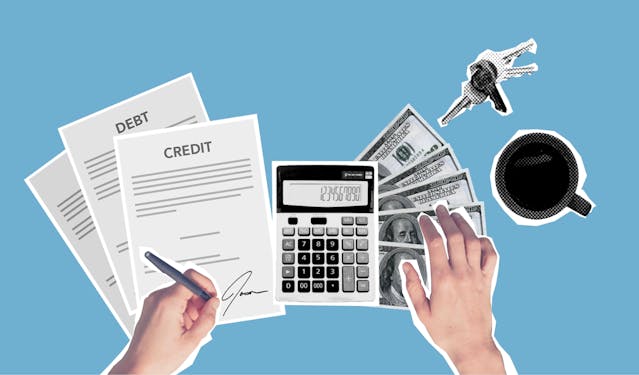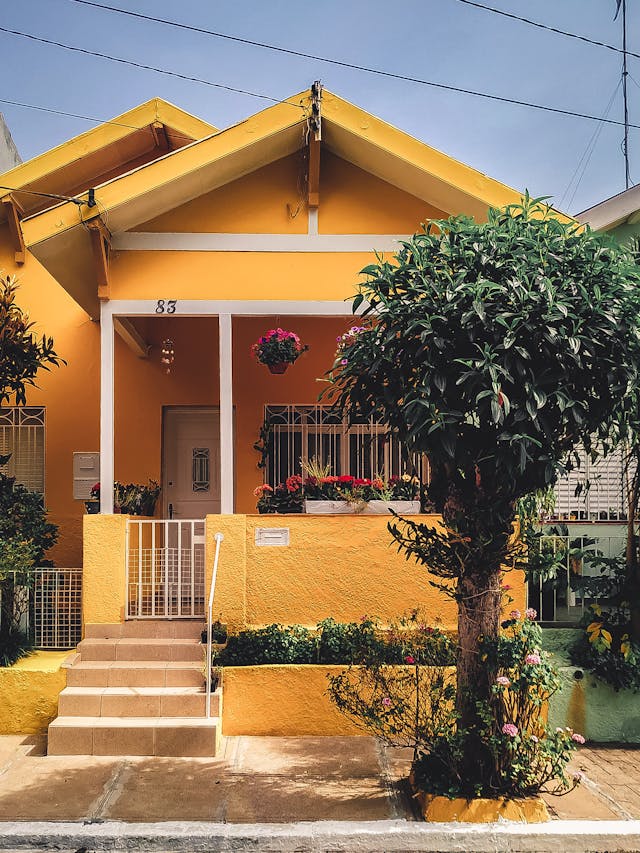The term “house poor” has been making headlines lately, as the housing crisis continues to impact many individuals and families. But what exactly does it mean to be house poor, and why is it important to understand this concept for your financial future?
In this article, we’ll dive into the definition of house poor, the impact it can have on your finances, and what you can do to avoid falling into this trap.
What Does It Mean to Be House Poor?
Understanding the Definition
Being house poor means that a large portion of your income goes towards housing expenses, leaving you with little to no money for other essential expenses or savings. This can happen when you purchase a home that is beyond your means, or when your housing expenses increase due to factors such as rising interest rates or property taxes.
The Impact on Your Finances
Being house poor can have a significant impact on your financial well-being. When a large portion of your income goes towards housing expenses, you may struggle to cover other necessary expenses such as groceries, utilities, and transportation. This can lead to credit card debt, missed bill payments, and even bankruptcy.
Additionally, being house poor can limit your ability to save for the future. With little to no disposable income, it can be challenging to save for retirement, emergencies, or other financial goals.
Read More on When should you plan for Retirement?

Why It Matters for Your Financial Future
The Housing Affordability Crisis
The term “house poor” has become more prevalent in recent years due to the housing affordability crisis. In many cities, the cost of housing has skyrocketed, making it difficult for individuals and families to find affordable housing options.
According to a report by Harvard University’s Joint Center for Housing Studies, nearly 11 million households in the United States spend more than half of their income on housing expenses. This means that a significant portion of the population is at risk of becoming house poor.
The Impact on Home Equity
Being house poor can also have long-term consequences for your home equity. Home equity is the difference between the market value of your home and the amount you owe on your mortgage. It is an essential asset that can provide financial stability and security.
However, when you are house poor, you may struggle to make mortgage payments, leading to missed payments and potential foreclosure. This can result in a loss of home equity and a significant financial setback.
How to Avoid Becoming House Poor
Set a Realistic Budget
The first step in avoiding becoming house poor is to set a realistic budget. This means taking a hard look at your income, expenses, and financial goals to determine how much you can comfortably afford to spend on housing.
Experts recommend that your housing expenses should not exceed 30% of your gross income. This includes mortgage payments, property taxes, and insurance. If you are currently spending more than 30% of your income on housing, it may be time to reevaluate your budget and make necessary adjustments.
Read more tips on how to how to create a sound budget here.
Consider All Expenses
When determining your housing budget, it’s essential to consider all expenses associated with homeownership. This includes not only mortgage payments but also property taxes, insurance, utilities, and maintenance costs.
It’s also crucial to factor in potential increases in expenses, such as rising interest rates or property taxes. This will help you avoid any surprises and ensure that you can comfortably afford your home in the long run.
Don’t Forget About Savings
When setting a budget for housing expenses, it’s essential to leave room for savings. This includes not only emergency savings but also retirement savings and other financial goals.
While it may be tempting to stretch your budget to afford a more expensive home, it’s crucial to prioritize your long-term financial stability and security.
Consider Alternative Housing Options
If you find that you are struggling to afford a home in your desired location, it may be worth considering alternative housing options. This could include renting, downsizing, or purchasing a home in a more affordable area.
While homeownership is often seen as a crucial part of the American dream, it’s essential to prioritize your financial well-being and make decisions that align with your budget and goals.
Real-Life Examples of House Poor
The McMansion Trap
One common example of house poor is the McMansion trap. This refers to individuals or families who purchase a large, expensive home that they cannot afford in the long run.
While these homes may seem impressive and luxurious, they often come with high mortgage payments, property taxes, and maintenance costs. This can quickly lead to financial strain and potentially result in foreclosure.
The Rent-to-Own Scam
Another example of house poor is the rent-to-own scam. This is when individuals or families with low incomes are lured into purchasing a home through a rent-to-own agreement. These agreements often come with high-interest rates and hidden fees, making it difficult for the buyer to ever fully own the home.
In these situations, the buyer may end up paying more for the home than it is worth, and may ultimately lose the home and any equity they have built up.
Takeaways
Being house poor can have a significant impact on your financial future. It’s essential to set a realistic budget, consider all expenses, and prioritize savings when purchasing a home. If you find yourself struggling to afford a home, it may be worth considering alternative housing options.
By understanding the concept of house poor and taking steps to avoid it, you can ensure that your housing expenses align with your long-term financial goals and stability.





























